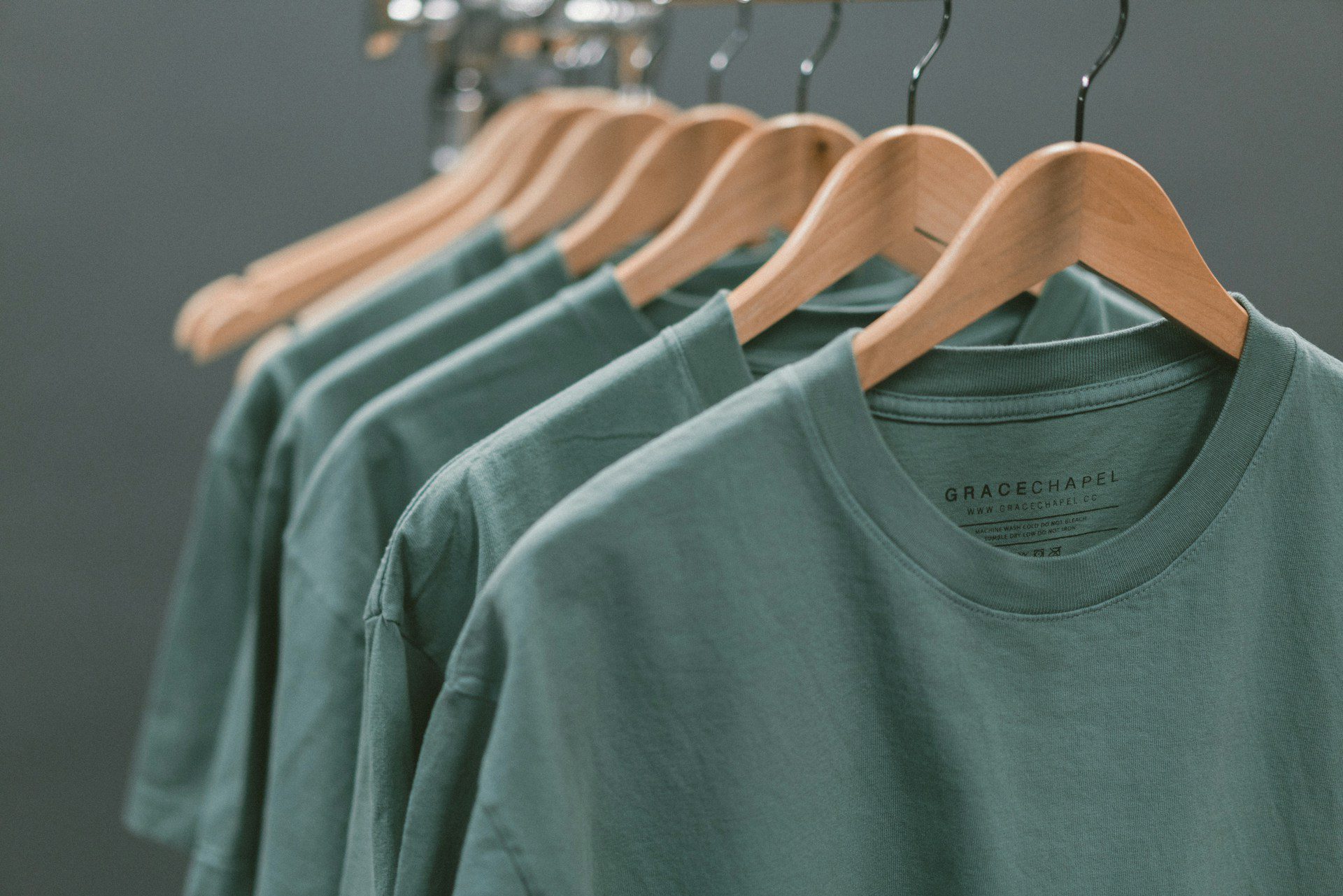
Made on the Inside, Worn on the Outside
In a lush valley surrounded by the Peruvian Andes — past two sets of security gates, high fences, barbed wire and a rigorous pat-down — 13 women stood hard at work. They were weaving and knitting luxurious alpaca wool sweaters, deep-pile roll-necks and silky-soft track pants, destined to be sold to wealthy shoppers with lives far away, and a far cry, from their own.
All were prisoners at the women’s penitentiary center in the city of Cusco, serving long sentences predominantly for drug-related crimes as well as murder, human trafficking and robbery. They were also employees of Carcel, a Danish brand founded in 2016 specifically to provide incarcerated women with jobs, training and, possibly, a crime-free future.
More than two years into their program, both Carcel’s founders and the Peruvian prison authorities say the project has been a measurable success. It’s popular with prisoners and consumers alike and proof that the profitable and responsible production of luxury fashion can have a place behind bars.
Peru is becoming something of a case study on the issue of aid versus exploitation. A little more than 5,000 women are currently incarcerated there, and over 50 percent are actively employed in producing leather goods, clothing and textiles, according to INPE, the national penitentiary institute.
Yet questions around the ethics of prison labor and regulation have also made headlines of late. There have been reports of Muslims incarcerated in brutal Chinese internment camps producing sportswear apparel, and strikes against imposed labor for paltry wages in American prisons. This month, tensions flared on social media when Carcel introduced a new line of silk garments produced from women’s jails in Thailand.
“Companies are literally advertising that they use slave labor now as a reason you should buy their product,” one person wrote on Twitter, prompting a chorus of outrage from hundreds.
“Your ‘sustainable business model’ includes the need for women to be in prisons,” another user wrote, followed by a slew of confused-face emojis. The more Carcel posted explanations on its practices, payment models and prices, the angrier the online responses became.
Read more here.
